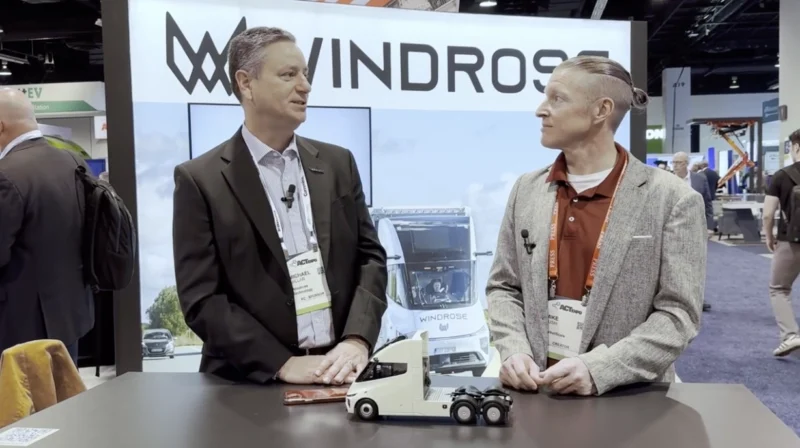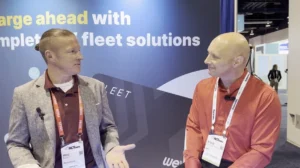Texas’ Decision on Tesla Universal Charging Isn’t a Mandate. It’s an Inevitability.
The Lone Star State’s decision on universal charging through Tesla technology could reshape the future of EV charging across the U.S.
Standing at the forefront of a $5 billion initiative to electrify America’s highways, Texas has taken a bold step by endorsing Tesla’s charging technology for EV stations. This move could unlock significant federal funds. The decision echoes Tesla CEO Elon Musk’s vision for a standardized U.S. charging infrastructure and sets a precedent closely watched by other states. While Tesla’s recent triumphs in Pennsylvania contrast with its challenges in Ohio, industry giants like Ford and General Motors are already rallying behind Tesla’s North American Charging Standard. As the narrative unfolds, industry experts weigh in on Texas’ move, which promises to cater to most of the state’s electric vehicles.”
But is Texas’ decision to endorse universal charging through Musk’s standard tipping the scales too far in one direction, or is a move like this the decision the EV industry needs to boost the overall future towards electric vehicles?
EV and Battery Consultant Dr. Veronika Wright, A.K.A. Electrified Veronika™, sees the situation as similar to the video format wars where a universal standard was inevitable to avoid confusion in the marketplace. What’s the best way to go about universal charging? Therein lies the debate.
Veronika’s Thoughts
“I think this movement to transition towards NIC originates from the fact that Tesla offers an extremely reliable charging experience in the U.S. It is seamless, and it just works. You plug in, and you get the charge. Whereas the third-party charging network providers offering CCS Type 1 connectivity in the U.S. have trouble achieving this seamless and reliable charging experience.
The problem, in my opinion, is that people start blaming the issue they experience with these third-party network providers solely on the connector type. So, I think it’s not the connector’s fault. It just comes from the fact that the charging network provider is different from the electric vehicle maker. So, the products don’t work that seamlessly together. There are communication issues, and troubleshooting and maintenance are not handled correctly.
So the connector and the standard we’re following are really just the design, very simplified. It’s the plastic that you hold in your hands when you plug in. Arguably, the Tesla connector has a way nicer, slicker, and easier-to-handle design than the CCS 1 here in the U.S. And so now, like I said, all major automakers in the U.S. seem to be transitioning towards this Tesla connector.
I don’t think this movement will stop. And once again, it’s a good thing to align to one standard, in my opinion, and it will happen naturally. You know, Electrify America and all other charging network providers will probably offer adapters for some time and then just add the connector. That’s not even expensive. So they will do it because they want the business.”
What about the Texas mandate?
And now, coming back to the situation in Texas. So, I don’t think it needs to be mandated anymore or even subsidized because it’s going to happen. It seems like there will be a transition period for a couple of years where we will have dual handles, and we’ll work with adapters. But I think CCS 1 will gradually phase out, and we will have Tesla’s National American Charging Standard everywhere.
The whole thing, in my opinion, is rushed. I think an independent organization should take a look at this, should investigate that, and come up with a plan. I would have hoped that the legacy automakers would have waited for an organization like SAE, the Society of Automotive Engineers, to investigate this connector issue a little bit more before going out there and announcing the transition.
So, to me, it seems a little bit rushed. And I think legacy automakers just want to get a piece of the Tesla cake or something like that. And do I think this should be done state by state? No, absolutely not. So, it should be a national decision. Can you imagine you go on a road trip, cross another state, and suddenly, you don’t have the connector you need? I believe this has to be a national mandatory standard that everybody must follow. But like I said, it will now happen naturally because everybody wants to have this business.
Article by James Kent








